By Loretta Pigeon
Senior Project Manager
The early days of developing a training program can be at once exhilarating and challenging. Each new training provides an exciting opportunity to improve your employees’ knowledge and skills—and, ultimately, impact patients’ lives. But there are also deadlines, budgets, and stakeholders’ schedules to consider. The tension between the anticipation and constraints is never greater than at the outset when the project is still largely unformed potential.
As an agency consultant, I find the most effective partnerships with clients are ones that harness this creative tension to spur decisions that drive high-quality results. As you collaborate with your stakeholders and agency to develop your next project, consider the following 6 tips to set the best path for your training project.
- Envision success
It’s a given that everyone involved in the project wants it to succeed. Success, however, can mean something different to each person on the team. As the project leader, it’s imperative that you define what a successful project looks like and then effectively communicate this to your stakeholders and agency. Establishing this shared vision from the outset is essential.
- Evaluate and prioritize your goals
You might be tempted to assume your list of project goals acts like a single lodestar guiding your project. The fact is, if you have more than one goal on your list—for example, educating reps about a new product and providing this training in time for the product’s launch—these goals will often compete in some way. Prioritizing your goals will help you stay on track to achieve your vision of success.
- Know your stakeholders
Develop a list of the individuals and teams across your organization that will participate in the project’s development. Who will collaborate on the initial ideas? Who will review the work and give final approval? As you create your timeline, be sure to factor in past experiences when creating trainings and anticipate which stakeholders may need extra time to complete their contributions.
- Simplify when needed
Initially, asking your agency to create a full array of pieces, such as videos, guides, and e-Modules, to deliver your training message may seem ideal. For some projects, it is. Leveraging multiple platforms can be a highly effective way to address multiple learning styles and reinforcement is essential to any training. That said, more is not always better. The key is to create the right tools to meet your prioritized goals. Your agency should be prepared to help you select the most appropriate deliverables to reach your objectives while also meeting your time frame and staying within budget.
- Partner with reviewers
Project reviewers are often only brought on once a draft of the project is complete. These reviewers often have limited understanding of the context of the project or how the piece they are reviewing relates to other aspects of the training. Partnering with reviewers early on—either by including them in the planning stage or by briefing them on the project’s development—can ensure their evaluation and suggestions are best geared toward your team’s shared vision of quality and success.
- Anticipate change
The response to COVID-19 has shown us just how rapidly the healthcare industry can evolve. Pandemic aside, there’s still a good chance that factors beyond your control—changes in the FDA approval timeline, for example—will impact your project. Working some flexibility into the schedule and taking time to gauge potential roadblocks will prepare you to react to changes more effectively.
Although your partnership with stakeholders and your agency will evolve throughout a project, the importance of forging productive working relationships early on can’t be overstated. Keep in mind that the investment you make by following these steps will serve you well throughout the journey.
________
Loretta Pigeon has more than 15 years of experience in the healthcare field, including in medical services, healthcare education, and pharmaceutical marketing. As a senior project manager for Encompass, Loretta builds strong relationships with clients and obtains a deep understanding of their needs and goals to help build solutions that exceed expectations.


